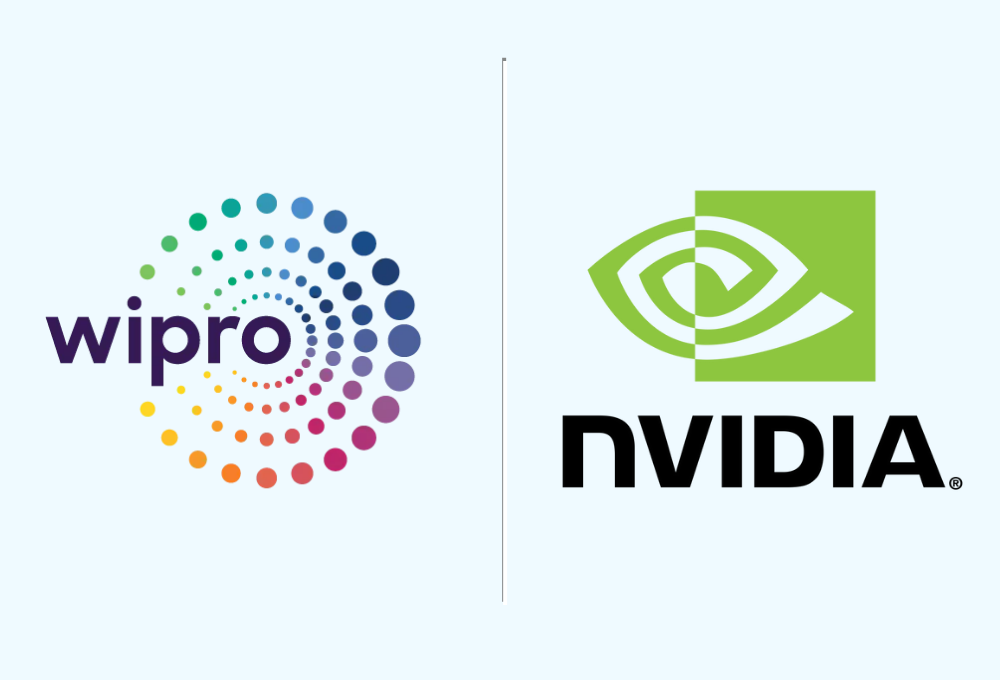
It's an incredibly vast sum, far exceeding the global GDP.
As of 2023, the global GDP is approximately $105 trillion,which is the total monetary value of all goods and services produced worldwide in a given year.
The fine imposed on Google by a Russian court is indeed staggering.
Going forward with details on how this situation developed – It was in 2020 when Google-owned YouTube blocked several pro-Kremlin media accounts, including Tsargrad TV and RIA FAN, due to violations of sanctions legislation and trade rules. This led to a series of lawsuits by these media outlets, and in October 2024, the court ruled in their favor. The court ordered Google to reinstate the accounts and imposed a daily fine of 100,000 rubles ($1,025) for non-compliance. This fine doubled every week, leading to the astronomical total of $2.5 decillion.
The court's decision has been described as "bizarre" due to the sheer size of the fine, which far exceeds the global GDP. Despite the enormity of the fine, Google has not yet commented publicly on the ruling or its next steps.
This case highlights the ongoing tensions between Russia and major Western tech companies, especially in the context of geopolitical conflicts and sanctions.











































 IndianWeb2.com is an independent digital media platform for business, entrepreneurship, science, technology, startups, gadgets and climate change news & reviews.
IndianWeb2.com is an independent digital media platform for business, entrepreneurship, science, technology, startups, gadgets and climate change news & reviews.